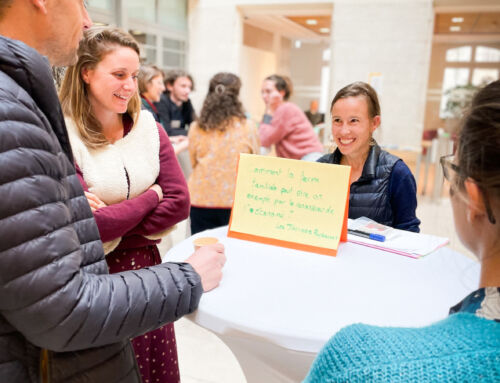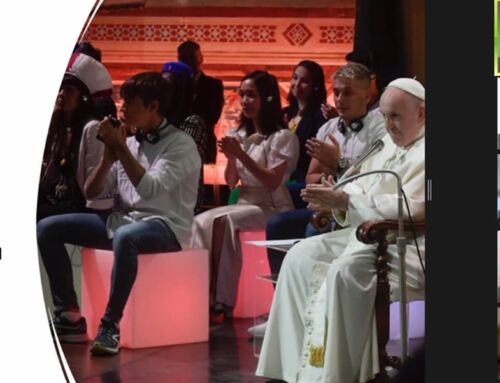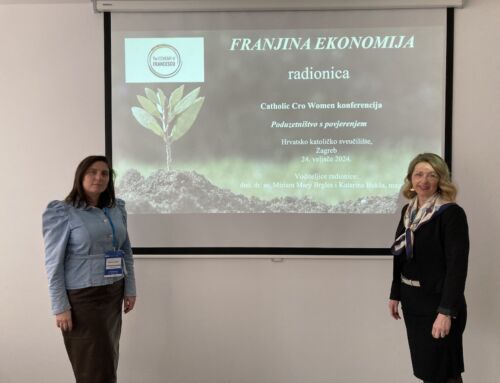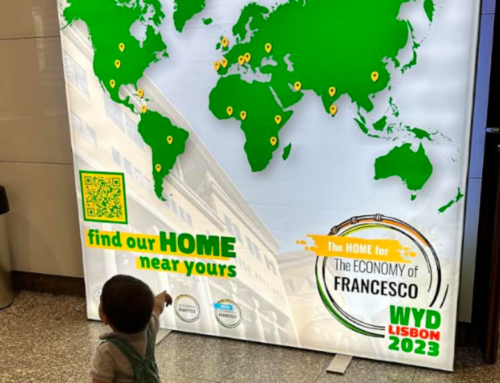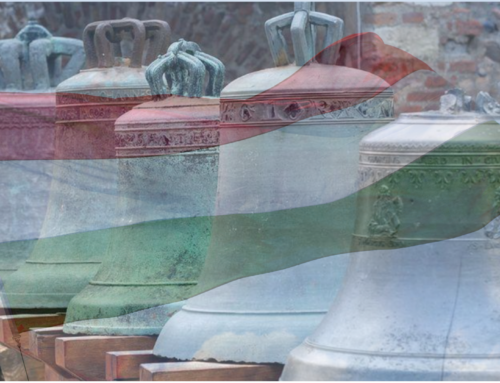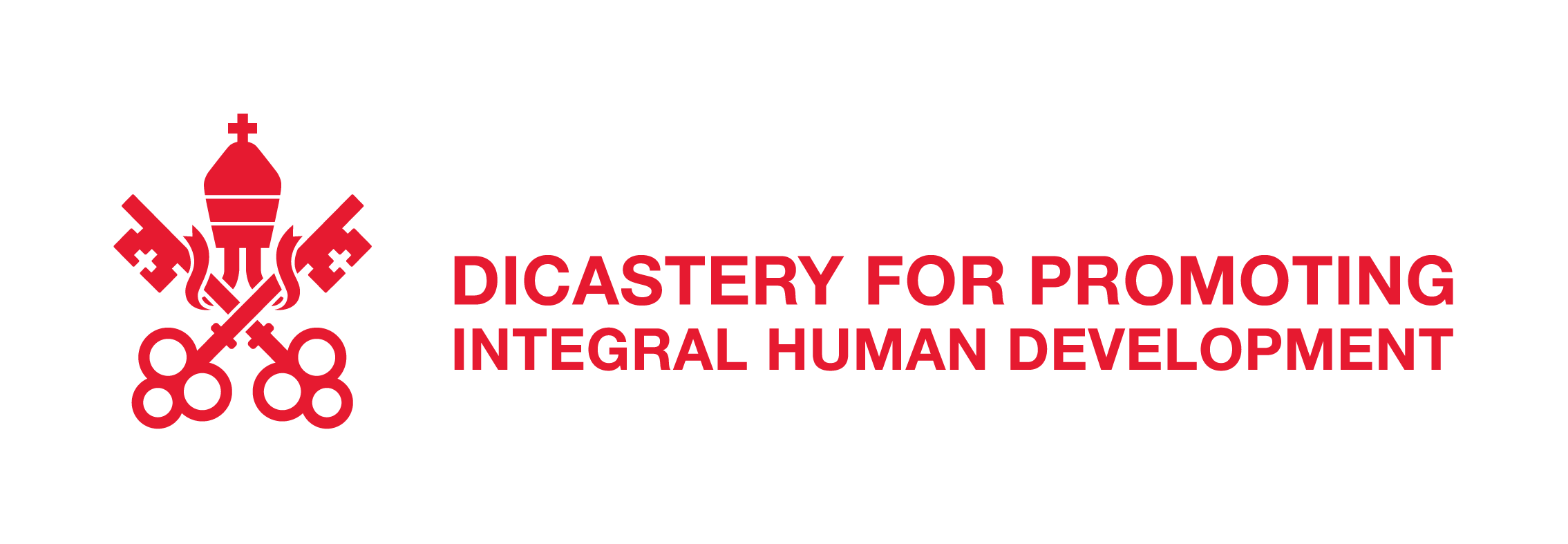The chocolate enterprise: the Economy of Francesco is already here
Joaquín Orellana Busandri, Argentina – 21 years old, law student
From Policies and Happiness”Village

Intro by Paolo Santori, Researcher in Philosophy and Economics (CUC)
It is Saturday afternoon when Joaquín Orellana Busandri – ‘Joaco’ for friends – , a young participant in the Economy of Francesco, tells us his story. We are at an online meeting to prepare the proposals to be presented for the event in November 2020. Among young professors, entrepreneurs, consultants, Joaco, twenty-one years old, the youngest of all – among the youngest participants of the Economy of Francesco – takes the floor and illustrates his ‘chocolate enterprise’. A simple story, he says, but to us who listened to him what is left is a profound message, that the economy sometimes gives us beautiful words about life, real life, next to many bad words. At the age of twenty-one, Joaco understands better than many adults that within the mutual benefit of economic exchange there is room for authentic human relationships, for creating communities through cooperation inside and outside the company. Joaco never mentions it, but when he talks about economics he speaks of it as a common good. He tells us that you can be ‘all brothers’ even in the market. Perhaps it is because of this ability of young people to intuit the essentials of something, but also to know how to go beyond it, that Pope Francis wanted to promote young economists all over the world with his appeal of May 1, 2019: “I thought of inviting you young people in a special way because, with your desire for a beautiful and joyful future, you are already a prophecy of an economy attentive to the person and the environment”. The young people of the chocolate company do not unconsciously contribute to the good of the community in which they live – in economic language, producing a positive externality. Joaco and his friend realize that profit is part of their business but it is not everything, and they intentionally choose the goal of their enterprise: to make others and themselves happy by selling chocolate. Perhaps the true positive externality that the chocolate business has produced is in the example it offers us today, in the inspiration that gives us readers an activity of two young Argentinean boys. I leave the judgment to you, now I present Joaco with the same question I asked him that Saturday: Joaco, would you like to tell us your story?
“This experience began when a friend of mine invited me to join him in his entrepreneurship, that was just the beginning. After thinking about it for a few days, I accepted his invitation. My weekend schedule was really full of activities, so I didn’t have plenty of the time, but it seemed to be a good opportunity to accompany him in this new project, and incidentally earn some money.
At the beginning I focused, above all, on the profitability and profit of this entrepreneurship. My best effort was to reduce costs and make our working time as effective as possible, thinking that it will be a “good deal”.
Days went by, and through the way of acting of my friend, I started to see that this new experience did not necessarily have to be focused on profit or profitability of the business from an economic point of view. There was something more than that. Since that happened, I understood with him that there were so much more important things behind; and that this little experience could turn beneficial into our environment.
The feeling of loneliness and sadness are much more present today. We understood that with our business, manufacturing and selling chocolates, that our product could bring people some happiness.
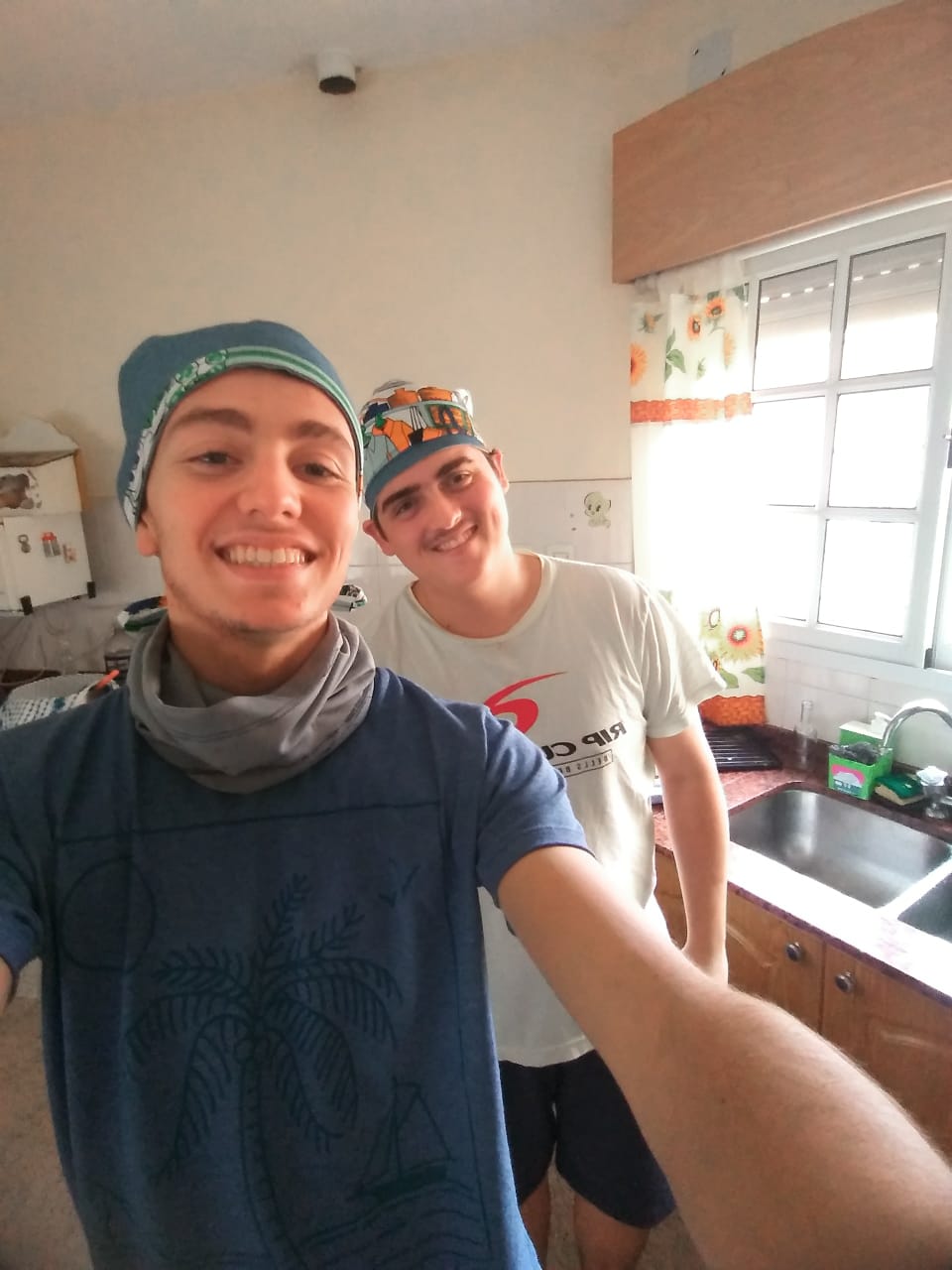

We both know that during the manufacture of the product, the moment of distribution, the definition of prices, every moment we work, has to be made with love, so that every buyer who received it can enjoy something tasty, quality and feel happier eating something delicious.
I know that it’s a small and simple experience, but it helped me to understand a little more of what kind of economy I want, and long for. Having this focus, that profit is not the only foundation and goal, that it matters how the product is done(taking care of the environment, the relationships between the partners of the company, thinking about the customer, making the product as one would like to receive it); letting the economy to be a transforming engine of social life, creating a culture of communion, with concrete love and happiness in every single moment”.
La empresa del chocolate: the Economy of Francesco ya está aquí
Joaquín Orellana Busandri, Argentina – 21 años, estudiante de derecho
aldea “Policies and Happiness”

Introducción por Paolo Santori, Investigador en Filosofía y Economía (CUC)
Es sábado por la tarde cuando Joaquín Orellana Busandri – “Joaco” para los amigos – , un joven participante en The Economy of Francesco, nos cuenta su historia. Estamos en una reunión vía zoom para preparar las propuestas que se presentarán para el evento en noviembre de 2020. Entre los jóvenes profesores, empresarios, consultores, Joaco, de veintiún años, el más joven de todos – entre los participantes más jóvenes – toma la palabra e ilustra su “empresa de chocolate”. Una simple historia, dice, pero para aquellos de nosotros que lo escuchamos lo que queda es un profundo mensaje, que la economía a veces nos da hermosas palabras sobre la vida, la vida real, junto con muchas malas palabras. A la edad de veintiún años, Joaco entiende mejor que muchos adultos que dentro de la ventaja mutua del intercambio económico hay espacio para las auténticas relaciones humanas, para crear comunidades a través de la cooperación dentro y fuera de la empresa. Joaco nunca lo menciona, pero cuando habla de economía lo hace como un bien común. Nos dice que pueden ser “hermanos todos” incluso en el mercado. Tal vez por esta capacidad de los jóvenes de intuir lo esencial de algo, pero también de saber ir más allá, el Papa Francisco quiso promover a los jóvenes economistas de todo el mundo con su llamada del 1 de mayo de 2019: “He pensado en invitarlos a ustedes, jóvenes, de manera especial porque, con su deseo de un futuro bello y alegre, son ya una profecía de una economía atenta a la persona y al medio ambiente”. Los jóvenes de la empresa chocolatera no contribuyen inconscientemente al bien de la comunidad en la que viven – en un lenguaje económico, produciendo una externalidad positiva. Joaco y su amigo se dan cuenta de que el beneficio es parte de su negocio pero no lo es todo, escogen intencionadamente el objetivo de su empresa: hacer felices a los demás y a ellos mismos vendiendo chocolate. Tal vez la verdadera externalidad positiva que ha producido el negocio del chocolate está en el ejemplo que nos ofrece hoy, en la inspiración que nos da a los lectores una actividad de dos jóvenes argentinos. Les dejo el juicio a ustedes, ahora les presento a Joaco con la misma pregunta que le hice aquel sábado: Joaco, ¿quieres contarnos tu historia?
“Esta experiencia comienza cuando un amigo me invita a acompañarlo en su emprendimiento que estaba recién comenzando. Luego de pensarlo unos días acepté su invitación. Mi tiempo no era abundante, ya que el resto de mis actividades me ocupaban bastante la agenda semanal, pero me pareció una buena oportunidad para acompañarlo a él en este nuevo proyecto, y de paso ganar algo de plata.
Al comienzo me enfoqué, sobre todo, en la rentabilidad y la ganancia de este emprendimiento. Mi mayor esfuerzo era por reducir los costos y hacer lo más efectivo posible nuestro tiempo de trabajo, para que sea un “buen negocio”.
Al pasar los días y las semanas, y gracias a la forma de actuar de mi amigo, empecé a vislumbrar que esta nueva experiencia no tenía que estar necesariamente enfocada en la ganancia, o la rentabilidad del negocio desde el punto de vista económico. Había algo más. Comprendí junto a él, que había de fondo cosas mucho más importantes; que esta pequeña experiencia podía transformar nuestro entorno.
La soledad y la tristeza están cada vez más presentes en la actualidad, y ya que nuestro negocio es la fabricación y venta de chocolates, entendimos que nuestro producto puede llevar a las personas algo de felicidad.
Desde la fabricación del producto, el momento de entregarlos, la definición de los precios, cada momento que trabajamos, tiene que estar hecho con amor, para que el que lo recibe pueda disfrutar de algo rico, de calidad y sentirse más feliz comiendo algo sabroso.
Es una experiencia pequeña y sencilla, pero me ayudó a entender un poco más qué tipo de economía quiero y anhelo. Que tenga este enfoque, que la ganancia no sea su único fundamento y meta, que importe la manera en que se realiza el producto (cuidando el medio ambiente, las relaciones entre los integrantes de la empresa, pensando en el cliente, haciendo el producto como a uno le gustaría recibirlo) ; que la economía pueda ser un motor transformador de la vida social, creando una cultura de comunión, amor concreto y felicidad”.

